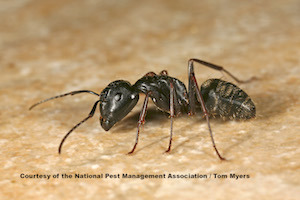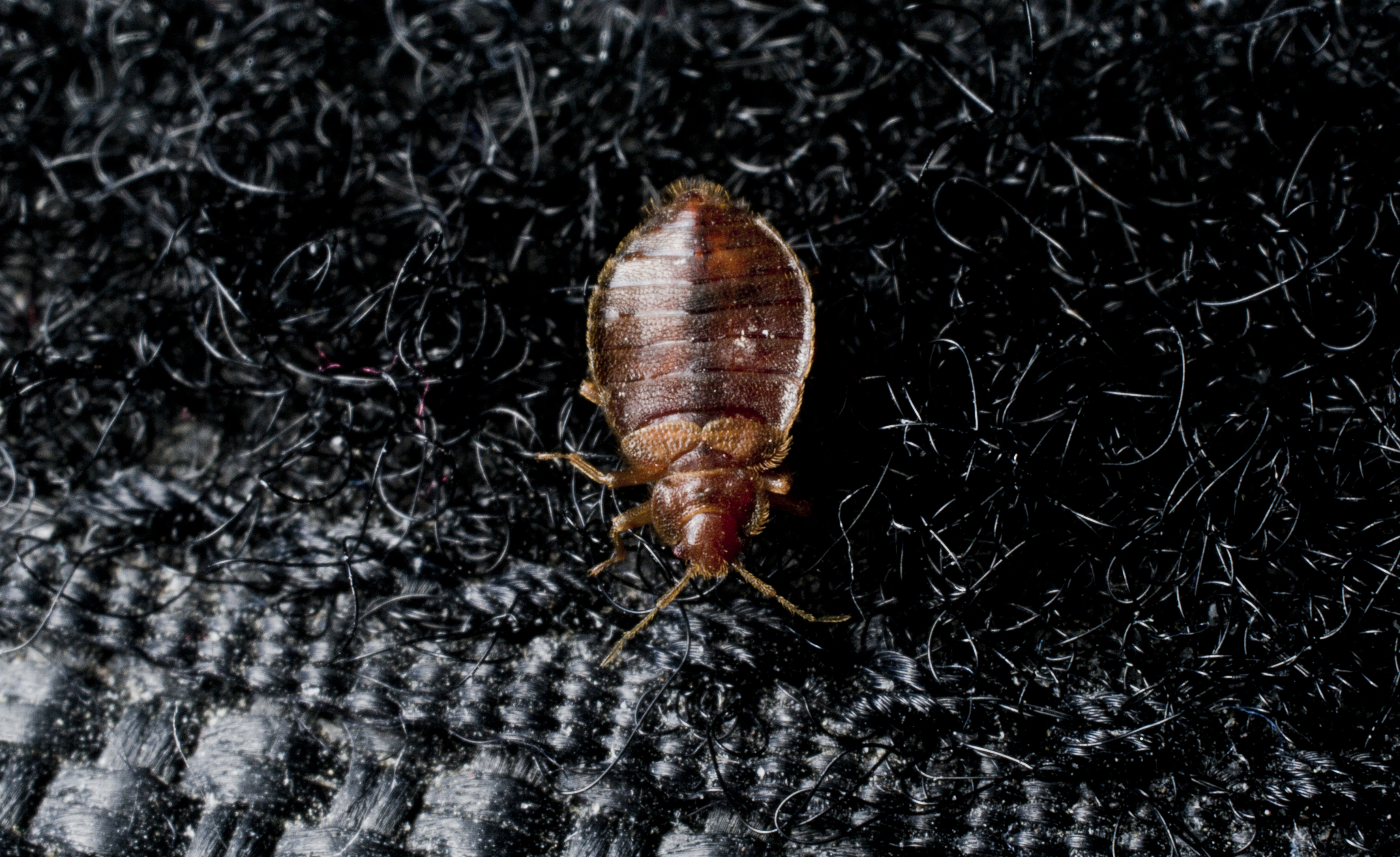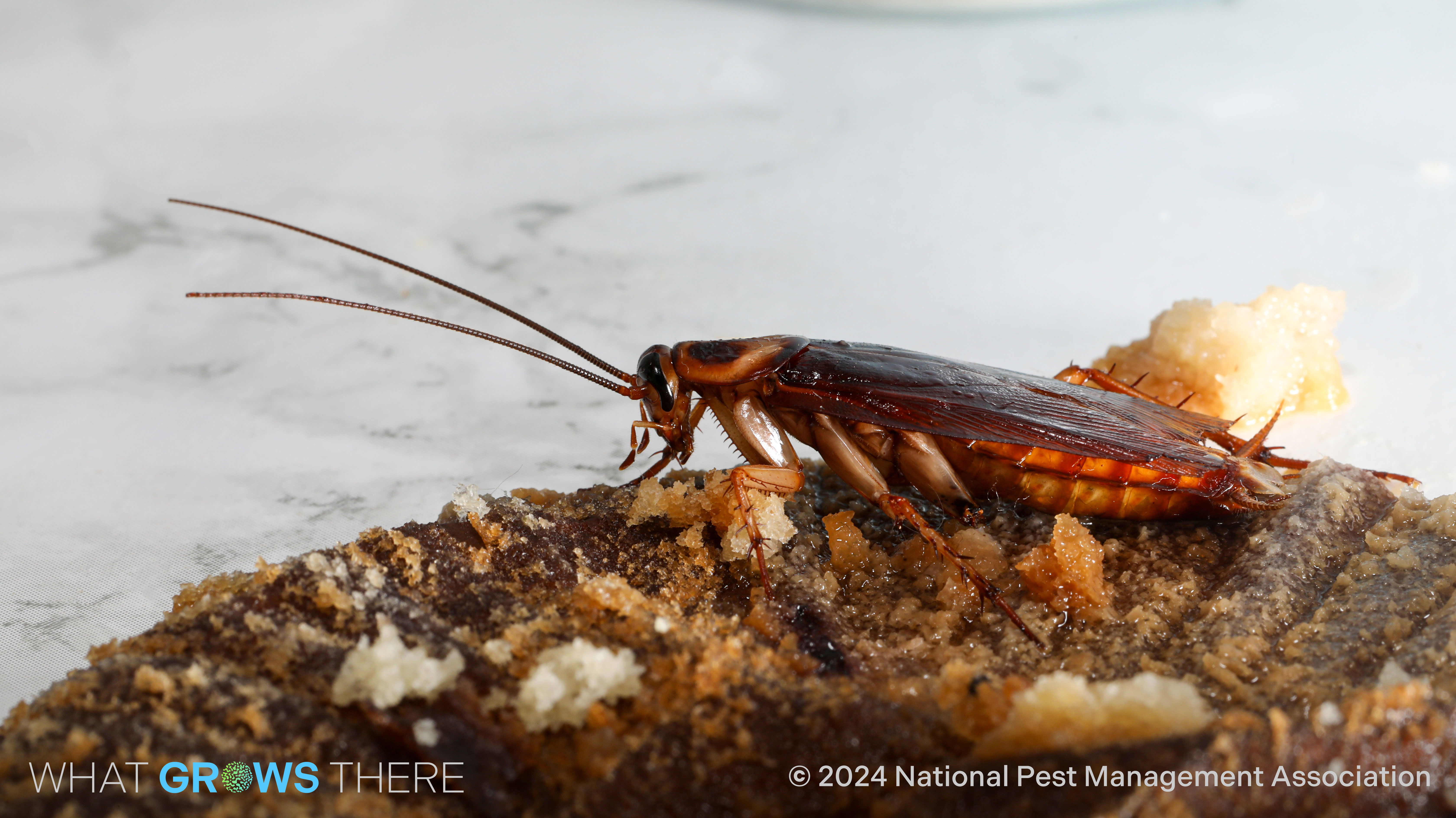Mosquitoes FAQ
- Are mosquitoes a real health threat?
- What is West Nile Virus?
- Do we get malaria in the U.S.?
- Are Americans at risk for Dengue Fever?
- What do you use to treat for mosquitoes?
- How often should a property be treated for mosquitoes?
- What can homeowners do to reduce the risks from mosquitoes?
Are mosquitoes a real health threat?
Mosquitoes transmit at least three human diseases that have been found in the United States. All of them are potentially fatal. These diseases include West Nile Virus, Malaria and Dengue Fever.
What is West Nile Virus?
West Nile Virus was first detected in the U.S. in 1999, it can lead to serious complications of the liver or nervous system, inflammation of the brain (encephalitis), meningitis or paralysis. It is the most widely known disease, likely due to its rapid spread throughout the nation. West Nile Virus has spread across the country from Pennsylvania to Washington state since 1999. More than 28,000 cases have been confirmed since that time. Forty seven states and Washington D.C. now have confirmed cases of West Nile.
Do we get malaria in the U.S.?
While malaria transmission was eradicated in the U.S. in the 1950's, international travelers continue to bring new cases to the county each year. In 2007 alone, more than 1,500 cases of malaria were reported to the Centers for Disease Control and Prevention (CDC), most of which were confirmed to have been acquired outside of the U.S. The CDC also reports that there is a constant risk that malaria transmission could be re-introduced to the U.S., since mosquito species that carry the malaria parasite still exist in the country.
Are Americans at risk for Dengue Fever?
Most cases of Dengue Fever in the U.S. are acquired outside the country. However, there have been some locally confirmed cases in the U.S., most commonly along the Texas-Mexico border and more recently in Key West, Florida.
What do you use to treat for mosquitoes?
Many homeowners erroneously believe that all pest management professionals do is spray chemicals to treat their homes. This is simply not true anymore. Many pest management professionals today use an Integrated Pest Management or IPM approach. IPM controls pests by getting rid of the three things they need to survive: food, shelter and water. Consumer education is a vital part of any IPM program. This approach consists of inspection, identification of the pests, employment of two or more control measures, and evaluation of effectiveness through follow-up inspections. Visit WhatisIPM.org for more information.
How often should a property be treated for mosquitoes?
The length of effectiveness is dependent upon several variables including temperature, humidity, surfaces treated, materials or control methods employed. The time lapse between treatments depends upon these factors and specifically the materials used.
What can homeowners do to reduce the risks from mosquitoes?
There are many ways a homeowner can reduce the risks from mosquitoes:
- Eliminate or reduce mosquito breeding sites by replacing all standing water at least once a week. This includes bird baths, ponds and swimming pools.
- Remove unneeded vegetation or trash from around any standing water sources that cannot be changed, dumped or removed.
- Introduce mosquito-eating fish such as gambusia, green sunfish, bluegills and minnows to standing water.
- Screen windows, doors, and other openings with fine mesh, sealing around all screen edges and keeping doors and windows shut to prevent entry.
- Avoid going outdoors when and where mosquitoes are most active: during dusk or dawn.
- Use repellent on exposed skin whenever and wherever mosquitoes are likely to bite. The most effective repellents currently available contain the active ingredient N,N-diethylbenzamide (DEET), in concentrations up to about 35% (greater concentrations don't offer better protection).
- Wear long-sleeved shirts and long-legged pants, preferably treated with a repellent as well.

Learn About Ants
Ants are a common pest homeowners struggle to eradicate. Learn more about them!

Bed Bug Pest Guide
Traveling for the holidays this year? Be sure to keep an eye out for bed bugs! Use our Pest Guide to help identify this pest.

NPMA's What Grows There? Project
Check out NPMA's What Grows There? project to learn how pests, such as flies, cockroaches and rodents, can spread germs throughout a home.
Find a PEST PRO in your area

Learn About Ants
Ants are a common pest homeowners struggle to eradicate. Learn more about them!

Bed Bug Pest Guide
Traveling for the holidays this year? Be sure to keep an eye out for bed bugs! Use our Pest Guide to help identify this pest.

NPMA's What Grows There? Project
Check out NPMA's What Grows There? project to learn how pests, such as flies, cockroaches and rodents, can spread germs throughout a home.
